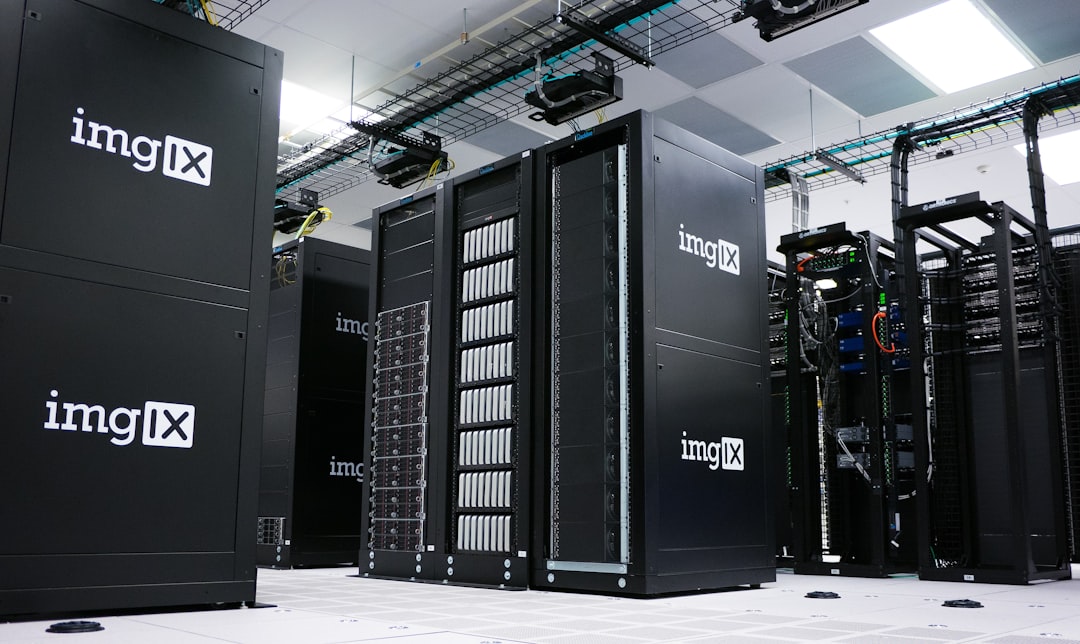When launching a WordPress website, one of the key technical decisions you’ll face is choosing between cloud hosting and traditional servers. The difference between the two might not be immediately evident, but the implications can significantly affect your site’s performance, scalability, cost, and reliability. In this article, we will analyze the critical differences between cloud and traditional WordPress hosting solutions, explore their pros and cons, and help you determine which is better suited for your needs.
Understanding the Basics
What is Cloud Hosting?
Cloud hosting is a modern web hosting solution where your website operates on a network of virtual servers. This network uses resources from multiple physical machines, allowing for greater flexibility and redundancy. Essentially, the cloud removes reliance on a single piece of hardware by distributing the load across several servers.
What is Traditional Hosting?
Traditional hosting, also referred to as shared, dedicated, or VPS hosting, typically runs your website from a single physical server. In shared hosting, that server may also host numerous other websites, while in dedicated hosting, the entire server is allocated to your website alone. VPS hosting splits the physical server into multiple virtually isolated environments.

Pros and Cons of Each Option
Cloud Hosting: Advantages
- Scalability: Cloud hosting can scale resources up or down instantly. Perfect for websites experiencing fluctuating traffic.
- Reliability: Because your site is hosted on multiple servers, if one fails, another can pick up the slack automatically.
- Performance: The distributed nature lends itself to better performance, especially for global audiences.
- Cost Efficiency: With pay-as-you-go models, you only pay for the resources you actually use.
Cloud Hosting: Disadvantages
- Complexity: Cloud platforms can be more complex to manage, especially for non-technical users.
- Variable Pricing: Costs can become unpredictable during traffic spikes or inefficient configurations.
Traditional Hosting: Advantages
- Simplicity: Easier for beginners to use, with simpler admin panels and predictable pricing.
- Cost Predictability: Fixed monthly or yearly fees make budgeting easier.
- Controlled Environment: Dedicated and VPS options offer more control over the server environment.
Traditional Hosting: Disadvantages
- Limited Scalability: Adjusting to high traffic can require manual intervention or migration.
- Single Point of Failure: If the server goes down, your website is usually offline until it’s fixed.
- Resource Constraints: On shared hosting plans, your site may suffer if neighboring sites consume too many resources.
Performance Comparison
Cloud hosting generally has the edge when it comes to performance. It allows websites to pull resources from multiple servers on the network, promoting faster loading times and better uptime. Because of smart load balancing, the requests are automatically routed to the least busy or most optimal server.
On the other hand, with traditional servers, performance heavily depends on the server’s physical limitations. For example, if the server experiences high CPU or memory usage, website speed can degrade—especially on shared hosting environments.
For businesses relying on speed for user engagement and SEO, the speed advantages of cloud hosting are undeniable.
Cost Considerations
Traditional hosting appears cost-effective upfront, with many providers offering plans as low as just a few dollars per month. However, those prices often come with limitations in terms of bandwidth, storage, and performance.
Cloud hosting, while sometimes more expensive, provides far superior flexibility. The pay-as-you-use pricing means you can spend less during quiet periods and ramp up resources only when needed. However, this also means you must monitor usage carefully, or costs might spiral out of control.
Organizations with predictable traffic may find traditional hosting more economical. In contrast, startups and growing websites may benefit from the elasticity of the cloud.
Ease of Use & Management
One area where traditional hosting still excels is in user-friendliness. Most providers offer intuitive dashboards like cPanel or Plesk, and getting started is often as easy as choosing a plan and installing WordPress with one click.
Cloud services, such as AWS, Google Cloud, or DigitalOcean, typically require a higher degree of technical expertise. While managed cloud platforms (like Cloudways and Kinsta) ease this complexity, they come at a premium.
In short, if you are a beginner or prefer to avoid server management, traditional hosting is more accessible. If you’re comfortable with a steeper learning curve or have development resources, cloud hosting offers better control and long-term flexibility.

Security
Security is an essential aspect of hosting that should never be overlooked. Both cloud and traditional servers can be secure, but the methods and responsibilities differ significantly.
Cloud providers often implement redundant backups, distributed denial-of-service (DDoS) protection, continual security patches, and active monitoring. However, with Infrastructure-as-a-Service (IaaS) models, much of the responsibility to configure and maintain security still falls on the user.
In contrast, traditional hosting companies often handle many security aspects for you, especially in shared environments. They manage OS-level security patches and even include basic firewall and malware protection.
However, traditional servers are more vulnerable to attacks if improperly configured, especially on shared platforms. Private clouds or managed cloud services often strike the best balance between security and responsibility.
Which Should You Choose?
There’s no universal answer to the question of cloud vs. traditional hosting. The right decision depends on your specific needs, technical skills, and growth expectations. Below is a simple breakdown to guide your choice:
Choose Cloud Hosting if:
- You anticipate fast or fluctuating growth
- You require high availability and uptime
- You want superior speed and global accessibility
- You have the technical skills (or a team) to manage it
Choose Traditional Hosting if:
- You’re running a small to medium website with steady traffic
- You prefer a more affordable, easy-to-manage setup
- You value simplicity and support over customization
- You have limited technical experience or resources
Conclusion
Ultimately, both cloud and traditional WordPress hosting have their own strengths and weak points. While cloud hosting offers advanced capabilities, speed, and scalability, traditional hosting’s simplicity and cost consistency make it appealing to many users.
Before making a decision, consider your website’s current and future needs. Think about how much control you want, how much you’re willing to spend, and what kind of traffic you expect. Whether you’re running a personal blog, launching an online store, or managing a growing business site, aligning your hosting environment with your strategic goals will ensure smoother, more reliable performance.



